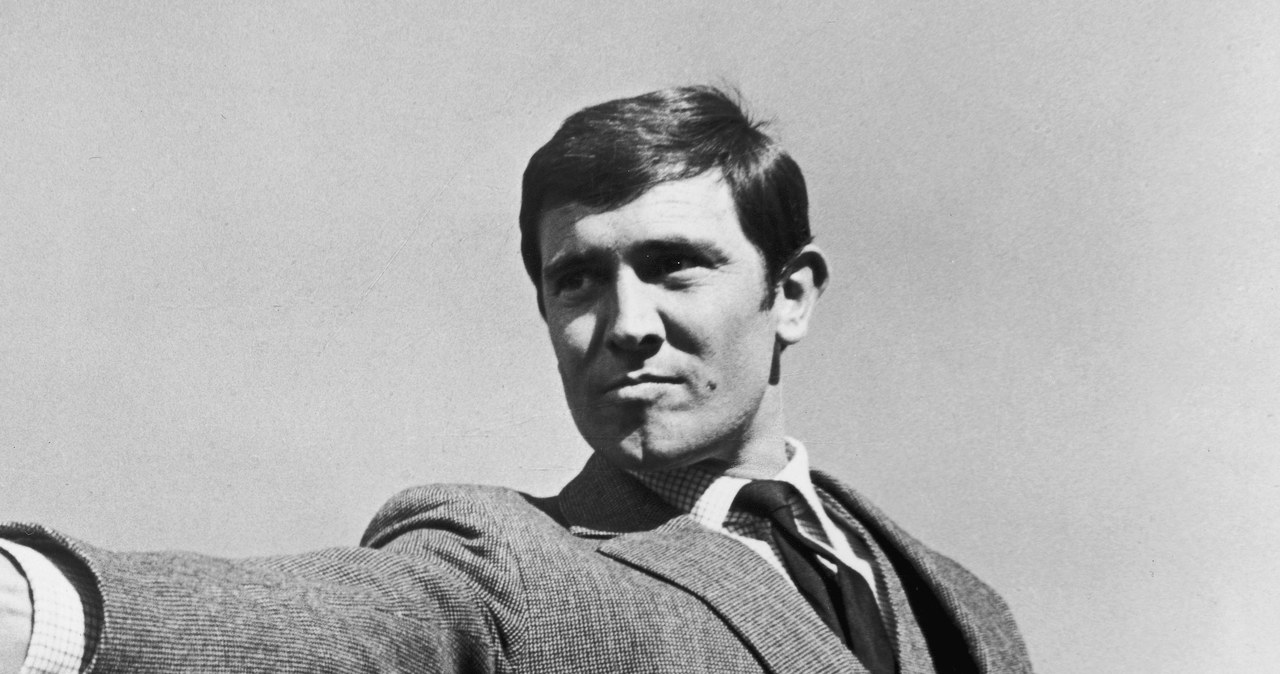On Sunday at 8 pm, the premiere of the film “The Cold Truth” was shown on Telewizja Republika, which tells the behind-the-scenes story of the great climate lie.
Professor Leszek Marks, former head of the Polish Geological Institute and retired lecturer at the University of Warsaw, said in a conversation with Katarzyna Goewska, when asked about the real impact of people on the climate, that Blaming humans for global warming “is a chauvinistic approach.”
– The impact of man on what is happening around him, on the environment, is of course apparent, but this is an impact on the scale of the local climate – It is known that the climate of the city differs from the climate of the areas surrounding the city due to the presence of buildings there, which causes high temperatures is the artificial drainage of water (..) However, when it comes to the impact at the macro level, that is, at the global level, which is what we are talking about, this impact is minimal, if we can talk about it seriously at all.
– pointed out.
When asked about the loud slogans that the planet is burning, the Earth is burning, and we are heading towards a catastrophe – is it possible to find scientific arguments that the world is actually heading towards an environmental climate catastrophe, he said that, as a geologist, he has a different point of view.
– I have a point of view about the history of history and the land. The Earth was born 4.5 billion years ago, but I also know exactly what happened over the past tens, tens, or several thousand years. I can’t say this is heading towards some kind of catastrophe, because in the not-so-distant past temperatures on Earth were higher than we have today. And so far, 5, 6, 7 thousand. Years ago, our temperatures were about 3-3.5 degrees higher than they are now, and the desert was a savannah – with individual plants, animals and trees. Only when the global climate began to cool did the Sahara become a desert
– he said, adding that the world becomes deserted when it gets colder.
– We have a concept called arctic desert, which refers to regions with a cold climate. Desert means lack of rain. There is little rainfall when the temperature is lower. We have a lower temperature because there is less evaporation in the oceans. When ocean evaporation decreases, rainfall on neighboring continents decreases. This can be tried several times. I’ve done research in Egypt for many years and there were notable periods – there was an old country, a middle country, and a young country separated by several decades of climate catastrophe – these were periods of rapid cooling.
– It is to explain.
Professor Leszek-Marks also pointed out the hype surrounding rising temperatures – are the high temperatures we have recently seen in Poland something unusual in our history? He pointed out that we are heading towards global warming, but it is controlled by natural factors.
– The weather is getting a little warmer in some areas, but the optimistic thing is that if this temperature continues to intensify, some parts of the desert will become greener (…) Geological research shows that the cycle between maximum warming and maximum cooling continues for about 600 -700 years. Since the cooling process ended two hundred years ago, we are right to assume that we will reach maximum global warming within about a hundred years.
– male.
– It appears that the Middle Ages were warmer, at least by half a degree. It was a period of economic prosperity. As it started to get colder, it got worse. For example, we had the Swedish invasion, which was caused by nothing other than climate change, which made life in northern Europe more difficult. It was a war of hunger, in quotes, because they couldn’t support themselves, and the best solution to that was stealing.
– added.
Source: nielezna.pl
Would you like to comment on the text? Share content and comment on social media.
Magdalena Sorao

Echo Richards embodies a personality that is a delightful contradiction: a humble musicaholic who never brags about her expansive knowledge of both classic and contemporary tunes. Infuriatingly modest, one would never know from a mere conversation how deeply entrenched she is in the world of music. This passion seamlessly translates into her problem-solving skills, with Echo often drawing inspiration from melodies and rhythms. A voracious reader, she dives deep into literature, using stories to influence her own hardcore writing. Her spirited advocacy for alcohol isn’t about mere indulgence, but about celebrating life’s poignant moments.












